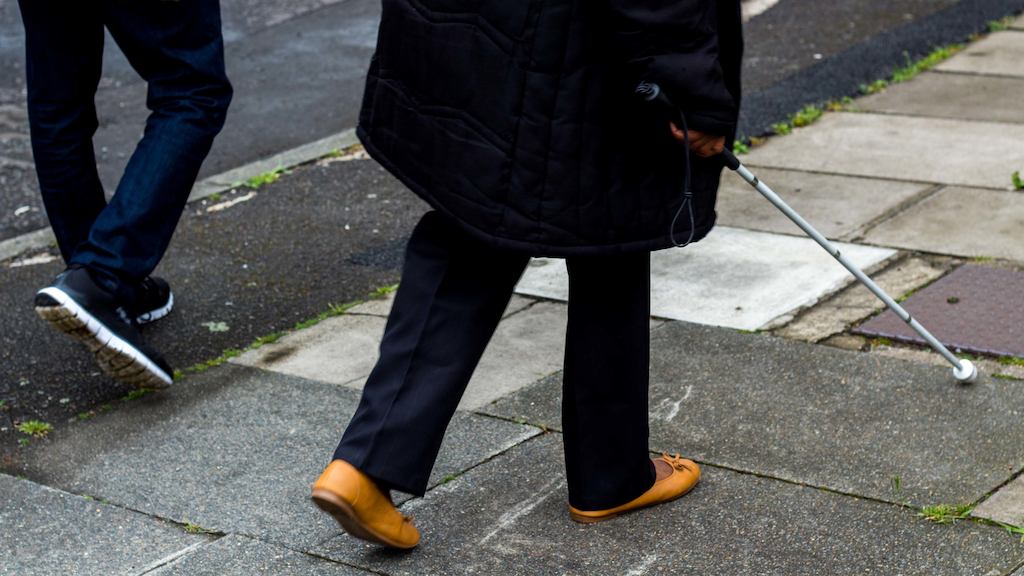Radical change is needed to give us the chance to have healthy later lives. People need support to prevent and manage long-term conditions including reducing smoking and drinking less, as well as having access to healthy food and the opportunity and infrastructure to be more physically active.
Rather than relying on the health system to patch us up when we become ill, we need to address the underlying causes of ill health and the stark inequalities in health outcomes. This means helping people have enough money to get by, having housing that supports people to live well and independently as they age, and having a better design of our communities and environment.
And when we have difficulties with those everyday activities of daily living like bathing, dressing or climbing the stairs, a properly funded and effective social care system is essential to provide support to ensure people can continue to have a good quality of life.
However modest or ambitious our aims are in later life – from just getting to the shops and back a few times a week to travelling the world – we can’t let poor health stop that for people now, or for future generations.
The article was first published in NHS Confederation.


